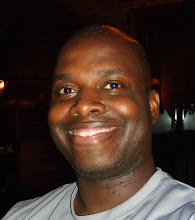The ancient text continues the story of Eve and the serpent. Eve’s deception could not be completed without a lie. Yet, the lie was not told by the serpent in the story. The lie was formulated in the perception Eve had of her opportunity to become to self-actualize. In the story, Eve, just after explaining what directions she was given, studied the tree. She evaluated the fruit. In her estimation, it was appetizing and attractive. When Eve began to rationalize, she was no doubt aware of the command given to her husband by the god. “Do not eat from the tree of the knowledge of good and evil,” was the command. The answer to the serpent’s directive to eat was an emphatic, “No!” As the conversation and Eve’s rationalization continued, the question was no longer, “Should I eat from this tree?” The question became a statement, “Becoming wise is a righteous pursuit.” She further reasoned, “A god who would keep us from being self-actualized is himself wrong. That means that anything the god commands cannot be trusted.”
The lesson to be learned from this story is well below the surface of the supposed wrong choice. Right and wrong are too dualistic to provide important lessons. Consider determining whether your actions are sustainable or unsustainable.
In the story, reason is sustainable. Perception is sustainable. It may even be sustainable to question the directives of the community that you grew up in. The deception here is the rationalization that wisdom can be gained absent from community. The need for immediate results, the desire to demonstrate independence, the disregard for process, all stem from an innate human reality. We each want to trust and to be sure that our trust is cherished.
Often, when faced with the option to trust others, your first instinct is to protect yourself. A decision to trust may result in pain, but it may also result in a success beyond what was possible for you alone. How can you distinguish between reason rooted in community and rationalization rooted in a protectionist trust only of yourself?
Subscribe to:
Post Comments (Atom)


No comments:
Post a Comment